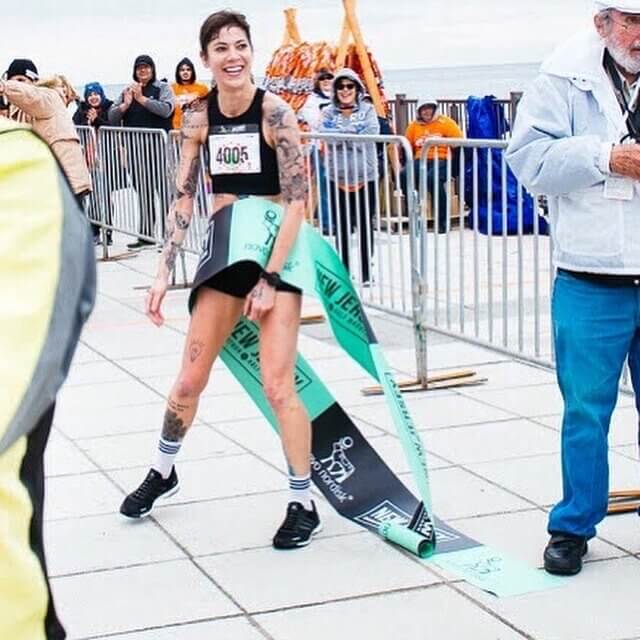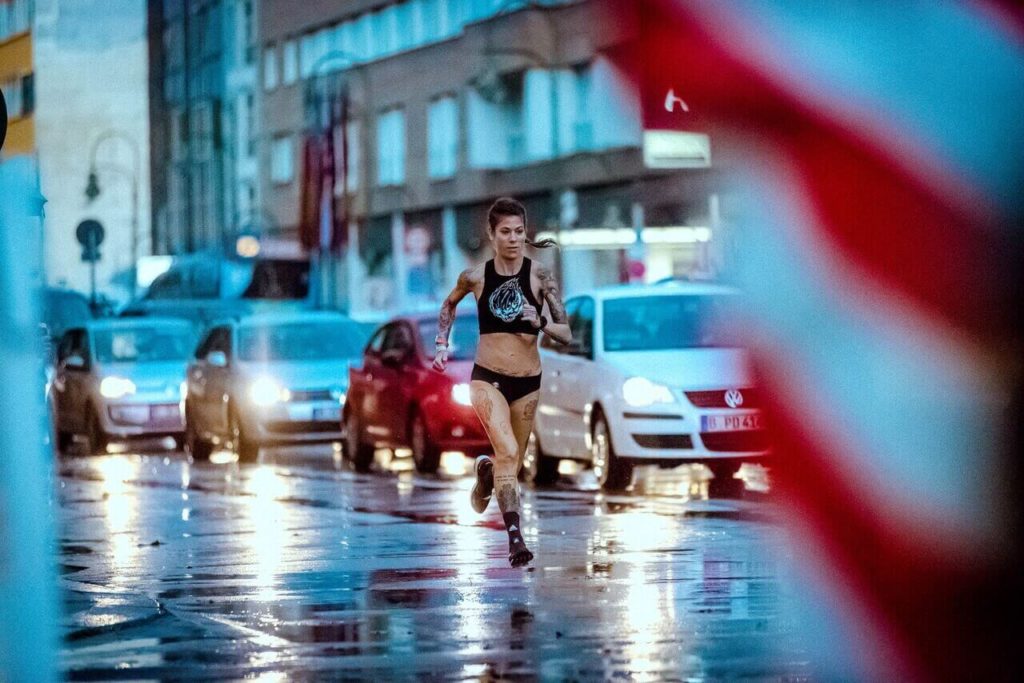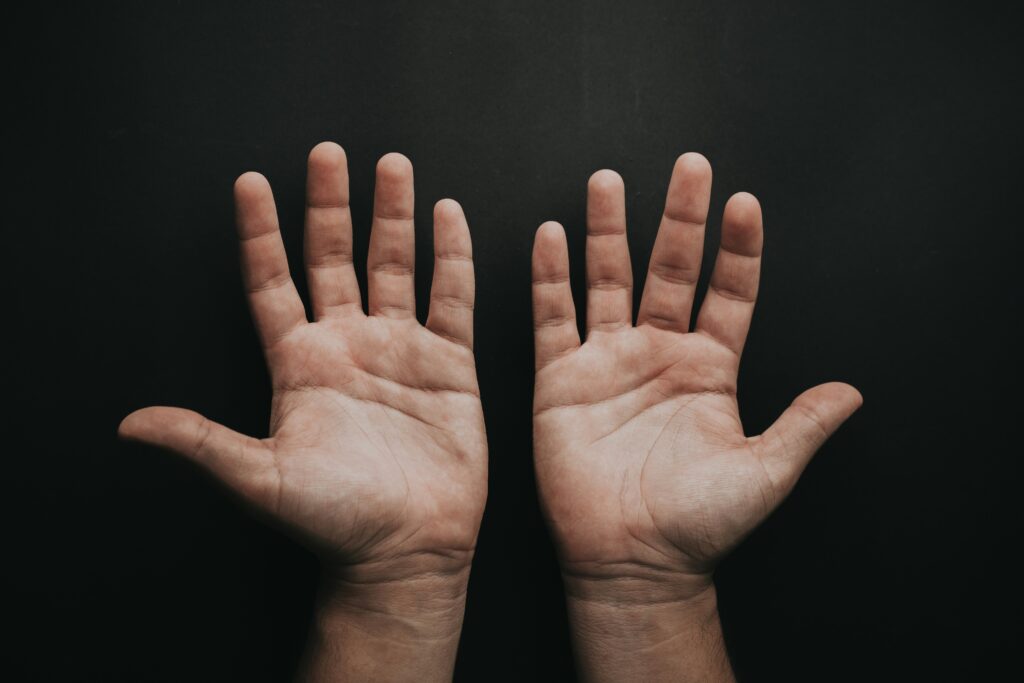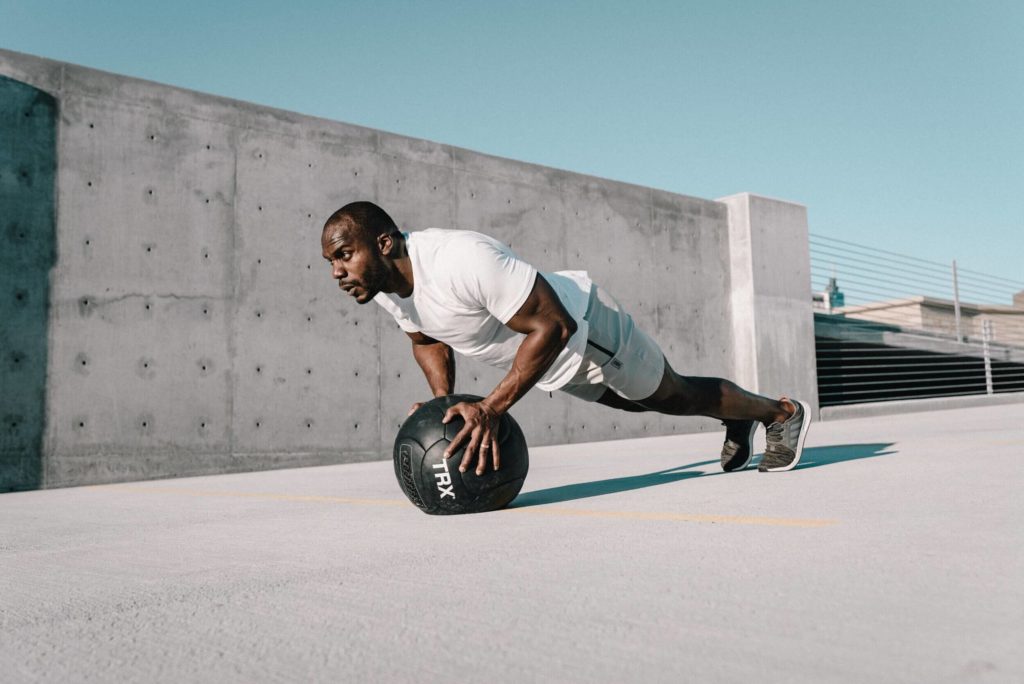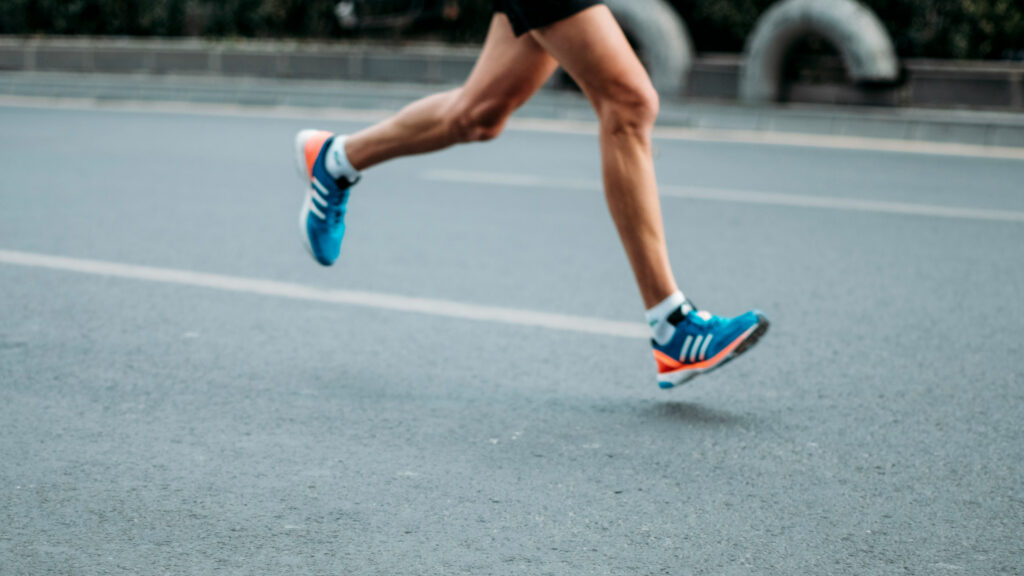When I was little, my parents used to call me “choo-choo”, because I was always at full speed like a train. And I have spent most of my life running, though not in the traditional sense. I’ve been running away: from feeling, from pain, from addressing the trauma that started at too early an age. Running away from feeling anything–even the good that I believed I didn’t deserve. By ten, my vehicle for freedom was alcohol and before I left middle school I had progressed on to harder substances.
And for a time, quite a long time I was excellent at masking the symptoms and suppressing the emotions that I was too ill-equipped to face. I learned to hide who I was to fit this mould of who the adults around me thought I should be, or at least who I perceived they thought I should be. It was exhausting, this constant denying and pretending. And eventually, I imploded.
I was twenty-four when I died. The wild thing – even from a young age I never thought I would live to see a quarter-century. I knew I was going to die with a needle in my arm. You are probably wondering what child would see that future for themself but I did. I woke up from my coma after a few days in the ICU in the middle of the night and very much alone. I was angry. Angry that I was brought back to life. Angry that I was unable to control not just the physical pain I was in but the mental anguish I had been stifling for almost two decades.
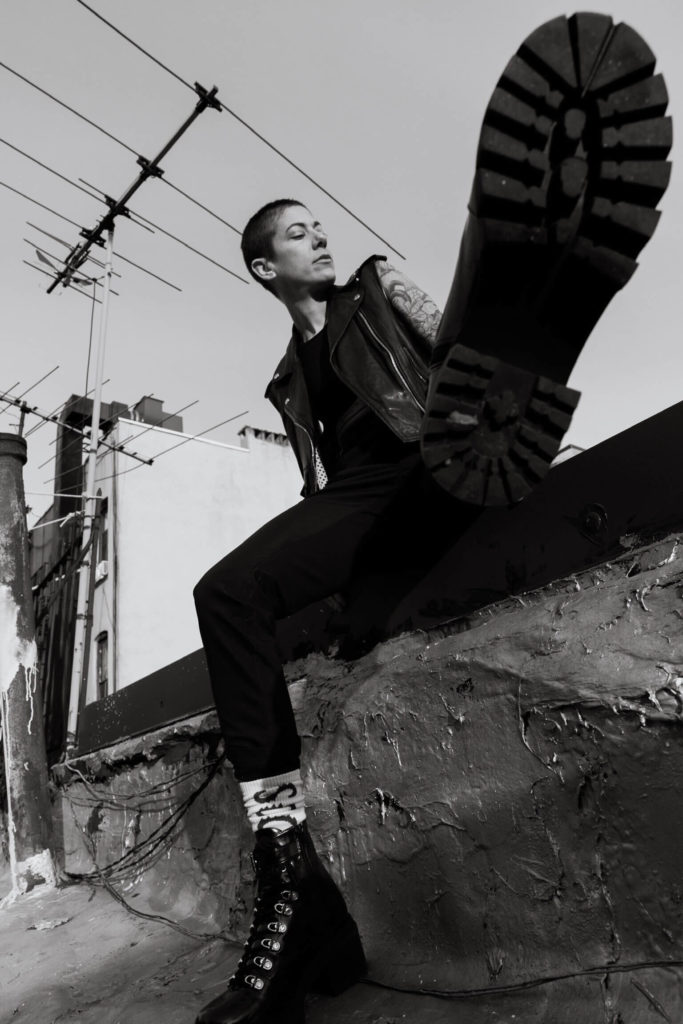
I wish I could tell you that was a turning point; where like an out and back course, I changed direction and began to make smart choices. But it was the tipping point: the springboard I dove off of trying to destroy myself. And I stayed underwater, in the shadows, not able to find even a hint of a reflection of the person that I remembered. Until one day, I decided to come up for air.
This is not a story of addiction, it is a story about the evolution of running and its significance in my life. So, I am going to skip the stories I am sure you want to hear and instead focus on the ones you need to. I surfaced to realize that I was tired. That running away from all my thoughts and feelings was not only wasn’t sustainable anymore but it was also undesirable. And it was at this precise moment in time that the physicality of running was reintroduced into my life.
I should backtrack here to tell you that I was quite the young athlete despite the punishment I was putting my body and mind through with my drug use, so “going for a run” was not entirely foreign. But over a decade had passed since I had intentionally set out for a jog so I was like a giraffe finding its legs for the first time. I didn’t flip-flop from drugs to running, It was more of a transition. I told myself you can still get high, but you have to move first.
Using my car’s odometer, I measured a five-kilometre loop ( the distance familiar from high school racing) and each day would set out on a walk-jog to complete the journey. At first, I carried headphones with me, but I found myself getting caught in the cord with each forward swing of my arm. There were no apps or watches or trackers back then, so I was left with the sound of my feet and the sound of my breath. Over the following month, I stitched more and more consecutive minutes of running together. I didn’t even notice when I no longer needed to walk because I had found something that the past decade of drug abuse ceased to provide: the stillness of the mind.
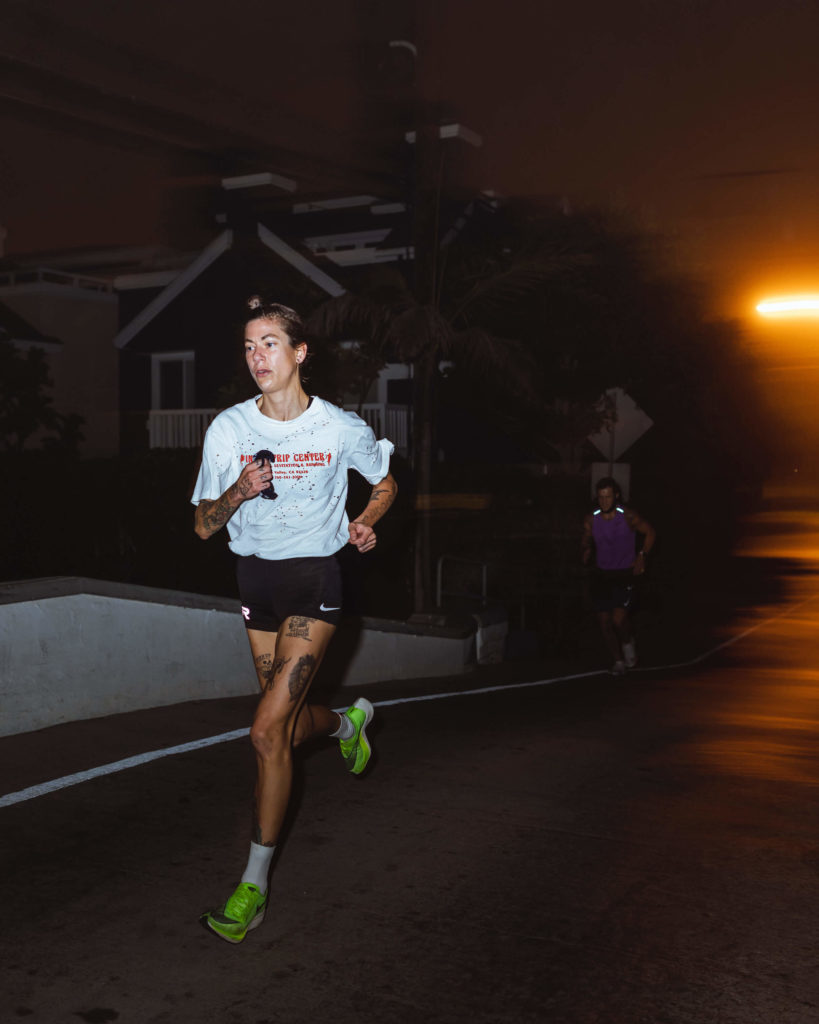
This quiet was far from what one would call the “runner’s high” but it became essential to my survival. I noticed more. I felt the wet heat of the South Florida sun on my skin. I heard the heavy fall of my heels as they hit the ground as separate from the roar of the crashing waves of the Atlantic. I felt the perspiration pour off my forehead and tasted the salt from the sea along with my sweat. It was as if I had only just now come out of the coma room a few years prior. I felt. I felt and it was ok. It was ok because I had a sense of calm and purpose that was previously unknown to me. I had discovered meditation.
Running by definition is “a form of terrestrial locomotion…[more specifically] a type of gait characterized by an aerial phase in which all feet are above the ground” (Wikipedia). Through this act of running, endorphins are released into the bloodstream which aids in preventing muscles from feeling pain. However, it is not the rush of endorphins that affect positive mood changes as they can not penetrate the blood-brain barrier. The increased level of endocannabinoids produced from exercising can produce short-term psychoactive effects that relieve anxiety and induce calm. (Johns Hopkins, “The truth behind Runner’s High and Other Mental Benefits of Running)
It was not the “runner’s high” I was seeking when I began my meditation practice, it was this antidepressant/natures pharmaceutical/free therapy effect I was after. But running is not easy by any means even if it comes naturally to a person. So I started slowly. Alternating jogging with longer periods of walking then cutting down the length of the walking breaks and gradually increasing the length of the running. It took me an entire month to be able to run five kilometres without stopping. Now I might have been able to do it sooner–but there was no rush. I had no time goal and I certainly was only wanting to feel revived by the process and enjoy the experience. I’m not sure I would have stuck with it if I set out every day to run for 20 minutes and one day I felt great and the other was beyond laborious. Consistency is key when building a habit. and both running and meditation require a committed practice.
Meditation can be many things. Its actual definition has been widely contested with no consensus. So while there are myriad techniques and beliefs behind the how, they all entertain the same goals of achieving mental clarity, and emotional calm and stability. Even those goals can have their gross variance of interpretation throughout history and from person to person. Meditation can be an expression of religious devotion or a means to achieve enlightenment. It can have transcendental effects, unlocking parts of the brain that would otherwise remain untapped. Perhaps that’s why some of my best ideas come to me on a run?
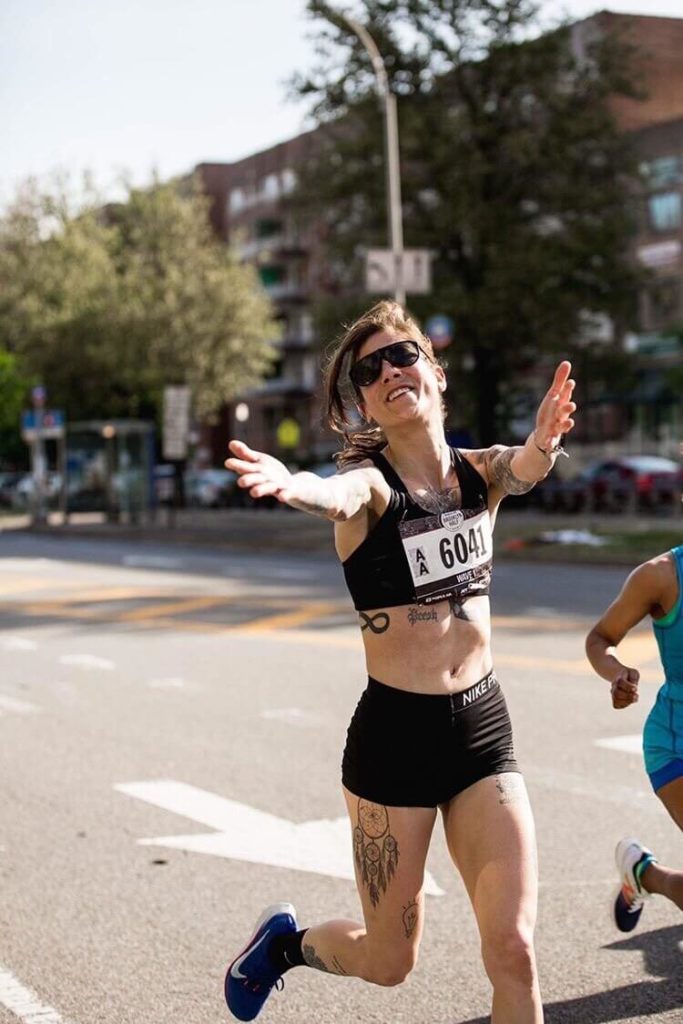
But I would like to focus on the physiological effects of meditation and more specifically their overlap with running. A 2016 article, “Meditation: In-Depth” published by the US National Center for Complementary and Integrative Health describes meditation as “…a mind and body practice…for increasing calmness and physical relaxation, improving psychological balance, coping with illness, and enhancing overall health and well-being.” There have been countless studies outlining the positive effects of meditative practices for insomnia, cognition, anxiety, PTSD, depression, cardiovascular function and even gut health! Running, at any speed, has also been associated with improved health, mental well-being and overall quality of life (provided one doesn’t run to excess which also varies from person to person!)
Perhaps when I first started running, I didn’t see it as a meditation. I had this idea that meditation was sitting uncomfortably not moving or fidgeting and always in silence. It was not something I believed I was capable of doing. So running became “my thing.” The therapy that erased the stress of being me, the only time during the day where I didn’t have to think. And with that quiet came clarity and opened an entire world of possibility-free from criticism and outside speculation. It was a time I could be with myself and that was ok.
It has not been an easy road, like all long journeys there have been lots of hills, maybe even some mountain pass roads that I slipped over the edge and found myself back in despair and trying to claw my way back with drugs (which had worked in the past), but yet only sent me tumbling further off course. And all of the times where I lost hope and my identity, I had stopped running. I don’t think it’s insignificant that medication and meditation only have one letter difference. We take medication for all sorts of varying aches and pains and diseases of both body and mind. So why couldn’t meditation achieve the same ends? And for me, that’s running.
